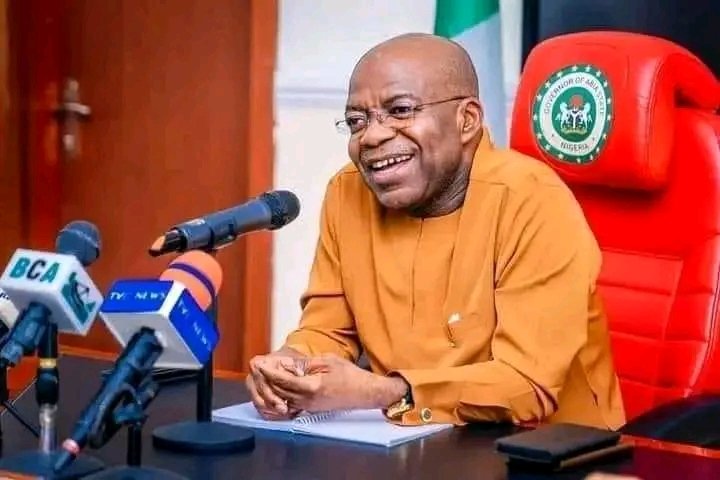Governor Otti and the Defeat of Tribesmen
By. Godwin Adindu
There is, it might seem, an urge to be particularly inspired by Governor Alex Otti’s intangible victories. Without really, intentionally, staging a battle, the Governor has defeated the tribesmen and conquered the tribesmen mentality. This was a cankerworm that festered on the social fabric of Abia State. Beyond the massive infrastructural revolution reflected in the construction of over hundred roads, Governor Otti has also made his mark in the area of social reforms. The defeat of the tribesmen is a major intangible achievement that has changed the outlook of Abia and fostered a new image of a progressive state.
Who are the tribesmen? What is the tribesmen mentality? The Greeks, mothers of modern civilization, presented three classes of human beings on earth… the idiots, the tribesmen and the citizens. The tribesmen fit into the former political factions of Abia. Power relations in Abia were formerly shaped by clannish and tribal sentiments, with each tribe or clan claiming right of rotation and right of control. The leaders fostered this sentiment by offering greater opportunities to members of their clan in the spirit of … “it’s our turn”. This has been the prevailing power structure before the emergence of Otti in power. Power was seen to belong to a certain tribe at a certain time.

The Greeks profile tribesmen as people who relate along the line of parochial bonds like bloodline, language, religion and clan. They are not able to think beyond their small tribes and their small groups. This small tribes could also be religion. Thus, many people are tribesmen because they trust only people of their religion or tribe and distribute favours and accord undue advantage under this parameter.
Indeed, there is an innate, psychological resentment in the heart of tribesmen. They are threatened by people outside of their small groups and pathologically in cold war against those “outsiders”. “To them, the primary and only ultimate allegiance is to their tribe”. Abia was a state torn by the tribesmen mentality and dichotomies. There was the Old Bende and Old Aba dichotomies. These two groups presented a consisted pattern of struggle over the years. There were other intra clannish and intra group bickering that shaped the tempo of politics in Abia State. Some of us were long driven by the Ngwa Struggle mentality and it became the benchmark for power shift. There was the Ibeku versus Ohuhu superiority contest. There was the Igbere hegemony over the rest of Bende. There was the Ukwa suspicion of dominance by the Ngwas. There was the Isuikwuato parade of Generals and their claim of “It’s our turn”. Among the markets and motor park associations, there were struggles of control with non-indigene sentiments flying in the air. Abia State was torn by individual group interest and acts of tribesmen.
Governor Otti has, perhaps inadvertently, buried the tribesmen mentality in Abia State. Only discerning minds would have observed the near extinction of any form of sectional or clannish pre-disposition in Abia since the ascension of Otti to the pedestal of power. Governor Otti has created a unilateral governance approach where merit is the primary condition for all consideration. All Abians are first and foremost Abians and the Governor the Governor of all Abians. Governor Otti is leading the citizenry to transit to a universal sense of the dignity of the human person and solidarity for all. He is transforming Abia into a nation and the populace into the category of citizens. The Greeks add that a tribesman can become a citizen through orientation
Thus, while we celebrate the physical infrastructure of construction of roads, street lights, security and rebuilding of public structures, we must also appreciate the aspect of social re-engineering and pyscho-political re-orientation. We must recognise the defeat of the tribesmen and the rebuilding of Abia into a nation state. This is indeed a historical progression, change and growth in action.







